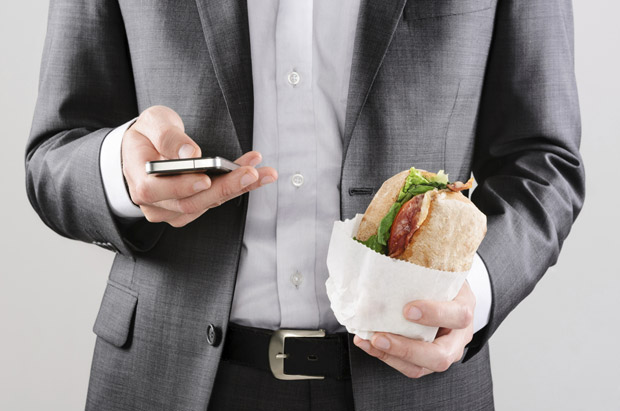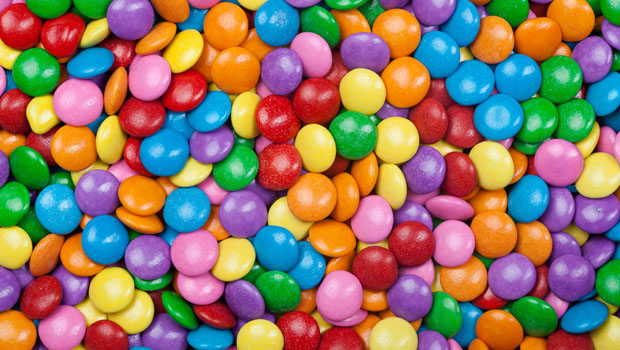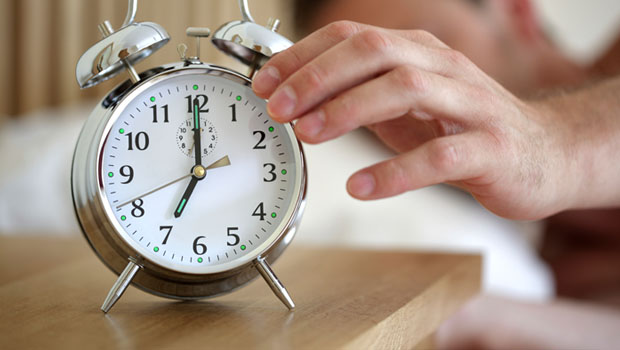Why it’s Time to Stop Drinking Juice, Soda, and Sweetened Coffee Drinks
Sweet and artificially sweet beverages of all kinds increase your chances of getting diabetes or making it worse; it’s time to nix that habit

Comprehensive research
Research from the Harvard T.H. Chan School of Public Health, published in Diabetes Care, found that people who regularly consume sugar-sweetened beverages have a much higher risk of developing type 2 diabetes.
And that includes orange juice, coffee, and tea!
Researchers followed 192,000 participants over the course of 26 years, checking in on their general health every 4 years, and marking specific if their consumption of sugar-sweetened beverages was gradually increasing, decreasing, or staying the same.
Even those drinking 100 percent fruit juice were included in the increased risk, with a 16 percent higher risk of developing type 2 diabetes.
A glass of orange juice is all of the juice without any of the fiber. You’re getting a lot of sugar and very little of the minerals and vitamins that come with any whole fruit.
Additionally, remember that to get one cup of orange requires far more than simply one orange. You wouldn’t sit down and eat 5 oranges in one sitting, but a glass of orange juice is essentially just that.
Keep in mind that most sugar-sweetened beverages actually contain more sugar than a packet of Skittles.
- one 12-ounce can of Coca Cola contains 39 grams of sugar
- one 12-ounce glass of 100 percent orange juice contains 30.9 grams of sugar
- one 12-ounce cup (a “Tall”) of Starbucks Chai Tea Latte contains 32 grams of sugar
- one quarter-cup of Skittles contains 29 grams of sugar
How much sugar are you consuming in one day through beverages alone?
Take a day to add it up — including the sugar in your coffee and the little sweetened creamers that can pack quite a punch in a mere tablespoon of liquid.
Should you just switch to diet soda?
Not so fast.
Participants who drank increasing quantities of diet soda instead of regular soda weren’t spared from the increased risk of type 2 diabetes. In fact, they still faced an 18 percent higher risk of developing type 2 diabetes.
Although the study’s authors did suggest that some of these patients may have switched to diet soda after a diabetes diagnosis over the course of the 26-year study which could throw off the results.
However, aspartame — which is the most common artificial sweetener used in diet soda — isn’t free of speculation over its potential harm.
No, aspartame doesn’t have a noticeable impact on blood sugars immediately after drinking it, the way regular soda would, but research has continued to suggest that aspartame negatively impacts cortisol levels and insulin resistance which does worsen blood sugars over time.
At the end of the day, the best swap for your sweetened beverage(s) of choice is just water, black coffee, unsweetened tea, or seltzer.




